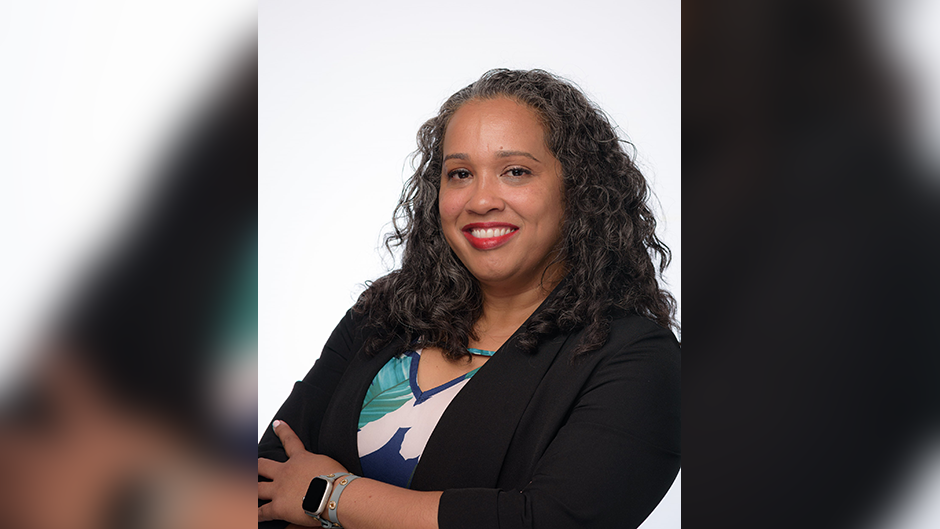Ayeisha A. Brinson’s earliest memories involve walks along the beaches of South Florida.
“I grew up going to the beach,” she said. “And I remember how my father would line up my sisters and me after the beach to clean the tar ball stains from the bottoms of our feet.”
Thanks to environmental protection laws, we no longer worry about tar balls staining our feet, according to Brinson.
She spent her formative years watching scientists lead the discussion on conservation and the management of natural resources. She wanted to use her skills to get involved.
She earned her bachelor’s degree in wildlife ecology and conservation from the University of Florida and her master’s in fishery and wildlife biology from Colorado State University.
When the opportunity arose for her to return to her hometown to pursue her doctor of philosophy at the University of Miami Rosenstiel School of Marine, Atmospheric, and Earth Science, she jumped at the chance.
“There was a project led by Professor David Die that attracted me to the Rosenstiel School,” she said. “The project examined billfish, a species of fish resembling swordfish, and the fishermen targeting the fish to better understand its social and economic importance.”
“It’s actually a really interesting issue because fish don’t know where a border ends, and they certainly don’t have passports, so we use international mechanisms and complementary national policies to manage jurisdictional boundaries.”
Brinson said her work at the University of Miami helped prepare her for her future career advising the government.
“I think the opportunities I was able to have at the University of Miami helped lay the foundation of my career and helped to shape me into the person I am,” she said. “From the classes I took to the research I participated in and the conferences where I had the opportunity to present my work, those experiences helped me to develop leadership skills that I use today in my work.”
Currently, Brinson works at the Institute for Defense Analyses’ Science and Technology Policy Institute. This nonprofit corporation provides scientific and analytical support for the United States government and the White House Office of Science and Technology Policy.
As a research staff member, she analyzes scientific data to suggest new applications to benefit American society and actionable steps that government agencies can take to meet policy goals.
In recent projects, she explored the use of satellite imagery to track wildfires and rainfall data to support agricultural models.
Brinson now lives in the Washington, D.C. area but still loves walks alongside the water.
“I still go out and walk along the Potomac River after a long day at work or on the weekends. It helps me to decompress,” she said. “On one of those walks, I started to reflect on how I can best use my skills for our natural environment.”
Brinson learned of the Potomac Conservancy’s work to restore the health of the Potomac River and wanted to contribute. She now sits on its board of directors.
“The Potomac River is a huge watershed, which means it’s used for drinking water, recreational fishing, industrial use, and agriculture, among other things,” she explained. “One of the challenges in my day job is that it can sometimes be difficult to see the outcome of your work, but getting involved with the Potomac Conservancy has allowed me to see the impact of policy work and scientific research in action at the local level.”
Brinson said her experiences with the Potomac Conservancy allowed her to witness firsthand the incremental progress people are making in conservation, which, in turn, has helped to reignite her passion and excitement for her own work.
She encourages others to explore their passions and to get involved with groups that share their interests:
“It might not work out right away or as you expected it to, but those experiences will help you to gain valuable lessons and insights that you can carry with you for the rest of your life,” she said. “But most importantly, don’t forget to enjoy all the little moments along the way.”

